In “The Big Sky,” A.B. Guthrie’s beautifully written novel of the American West in the 1830s, Dick Summer, a wily, seasoned and sometimes savage frontiersman, laments his aging self.
Guthrie writes as Summers, “It was a strange thing about time; it slipped under you like quiet water, soft and unheeded but taking a part of you with every drop — a little quickness of the muscle, a little sharpness of the eye, a little of your youngness, until you found it had taken the best of you almost unbeknownst.” The quickness, sharpness, and youthfulness required to keep even a fierce frontiersman alive were being lost to age. Dick Summers was not ready to die, however, so he left his life in the Wild West and traveled east to take up farming.
Odds are, I already have lived two-thirds of my life. There is much less time left than already has been spent. And unfortunately, for one-third of the remaining one-third, I probably will be sleeping. The reality of such a lightening-bolt-between-the-eyes truth is enough to throw me into a dark place of regret, despair, even panic for brief moments. It doesn’t help that insurance company telemarketers, those faceless strangers who call me by my first name, flood my voice mail with offers to help me navigate the perilous road to Medicare enrollment.
How can we live as if life were endless? How do we spend our time as if we have time to do everything we want to do and still have time left over?
My friend Rachel has a painful, disabling neuromuscular disease. She is younger than me, but will most likely not live to be the age I am today. Her days are full of everything she must do physically and pharmaceutically to keep herself out of a wheelchair. Recently, we were having a lighthearted conversation about a family wedding she would be attending. Because Rachel is no longer physically able to take herself shopping, she said she planned to wear the same dress she had worn to another family wedding just a week earlier. When I offered to drive her, she said, “Connie, I just don’t have the kind of time to be concerned about what someone else is going to think.” I immediately felt ashamed; regretful for placing importance on something so insignificant in her world of physical challenges, when she added, “And you don’t either.” Those four words are another of those lightening-bolt-between-the-eyes truths.
Here’s another truth: There is still plenty of time for the things that really matter. Abundant amounts of time, if I use it wisely and wonderfully. My father was 76 when he bought his first sailboat and taught himself to sail. At age 89, when his Parkinson’s Disease required a herculean effort from him to take a single step, Dad and I talked about that boat and laughed at the scary fun it was for two novice mariners to sail under the magnificent Sunshine Skyway Bridge and out into Tampa Bay.
At 62, J.R.R. Tolkien published the first volume of “Lord of the Rings,” and at age 64, Laura Ingalls Wilder began her autobiographical series, “Little House on the Prairie.” The Flight Around the World aviation race was completed by Margaret Ringenberg when she was 72. John Glenn rocketed into space at age 77. At 88 years young, Dr. Ruth Westheimer, American sex therapist, continues to shock the masses during her radio talk show, “Sexually Speaking.” (And, yes, of course, she tweets. You can follow Dr. Ruth @AskDrRuth along with thousands of her other Twitter followers.) Michelangelo drew architectural plans for the Church of Santa Maria degli Angeli in Rome at age 88. The world’s oldest person to receive a college diploma is Nola Ochs, who earned her undergraduate degree at age 95, and completed her master’s degree at 98. After graduation, she was immediately hired as a collegiate teaching assistant. Ochs authored a book at age 100, and to the best of my knowledge, (and Wikipedia’s) is still moving forward at 104.
Aging is not optional for humans. But we humans do have choices. We can choose to accelerate or slow down. We can be self-limiting or choose to be on our own side, accept our self “as is” and, just like Nola, keep moving forward.
In the words of Louis L’Amour, another American author who wrote about the wild western frontier, “There will come a time when you believe everything is finished. That will be the beginning.”
Connie Wagner, a registered nurse for 38 years, can be reached at cwags316@gmail.com
Credit: Bradenton Herald
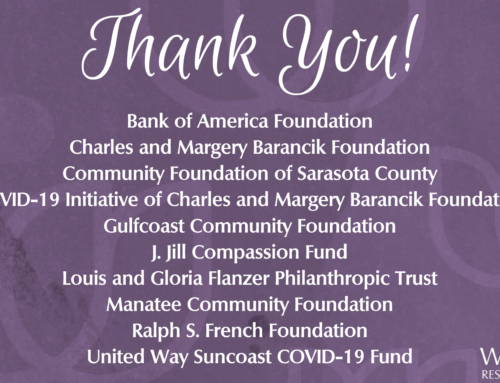



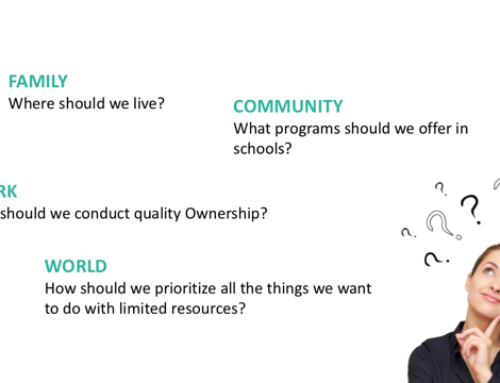




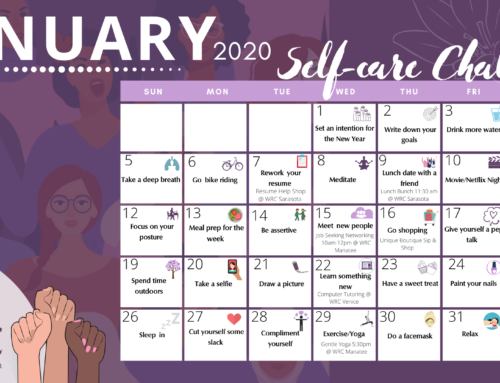
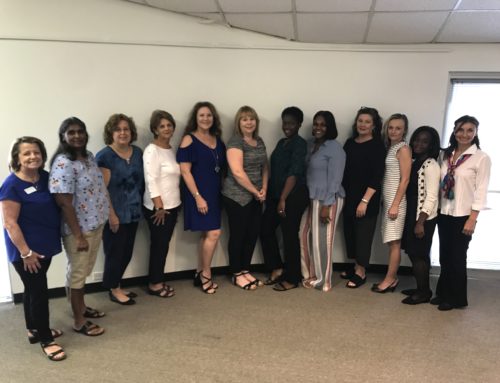

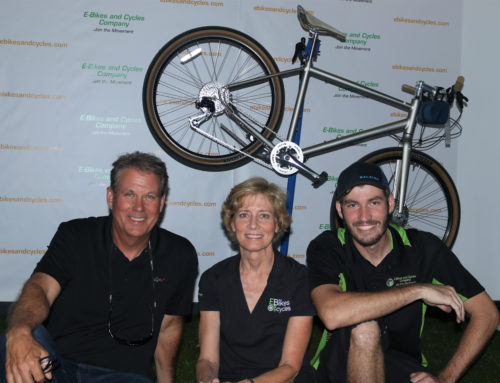


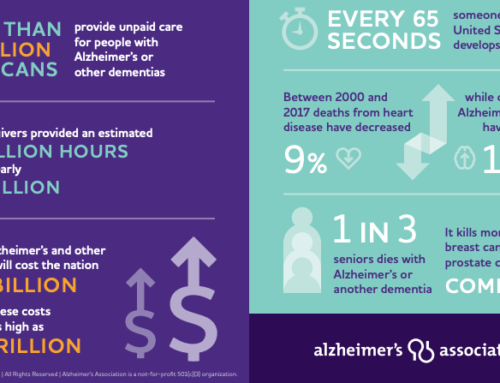


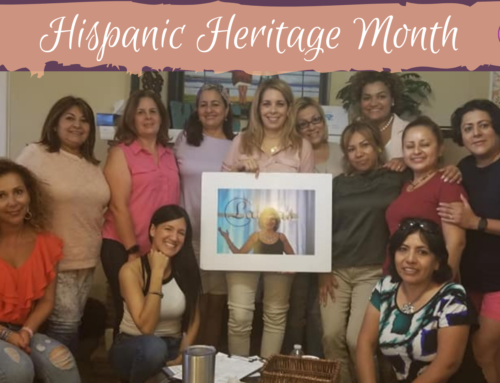







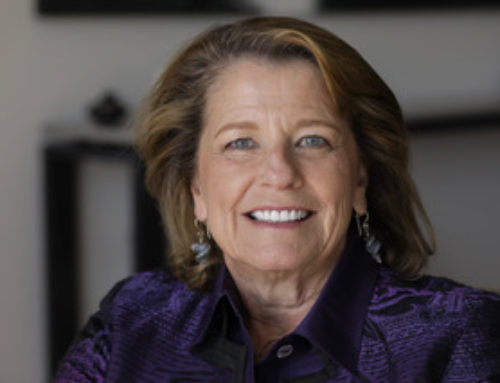
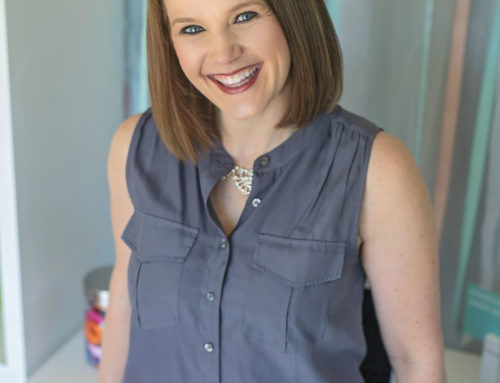








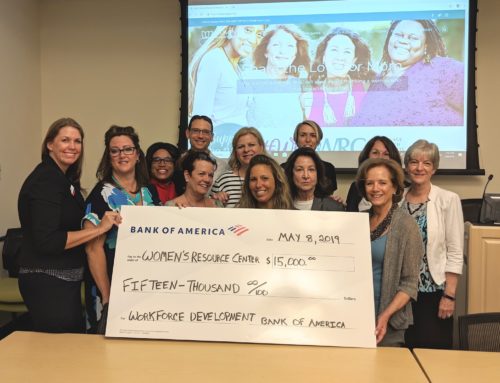
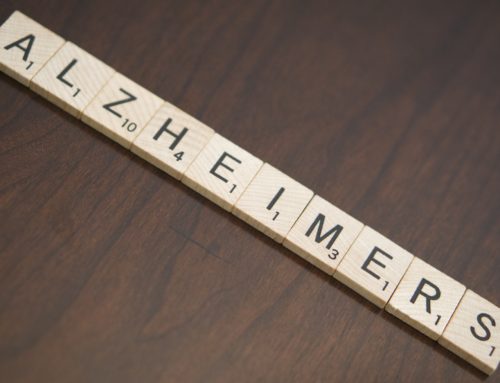





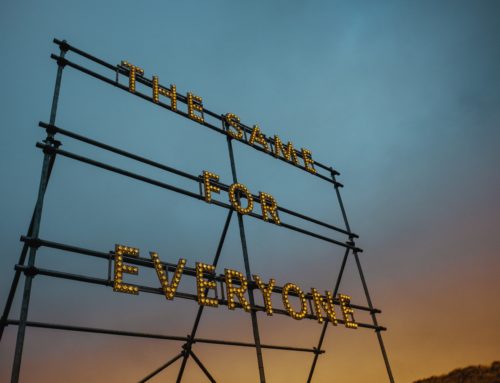

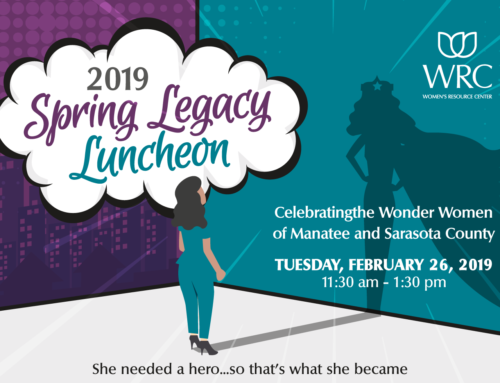

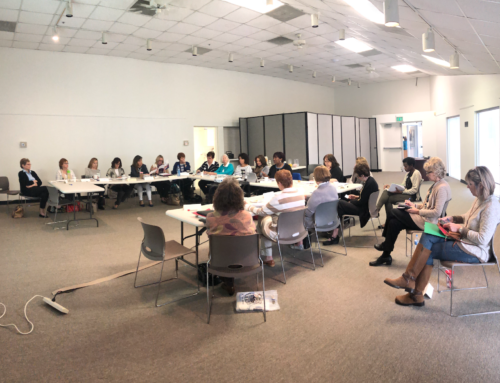





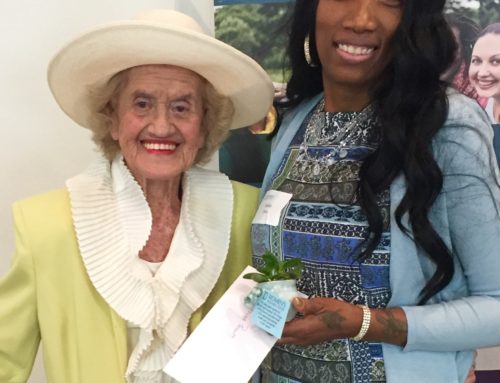


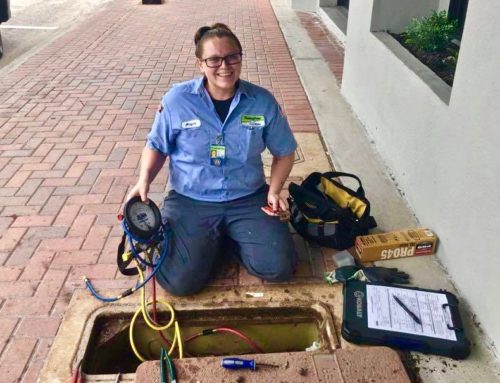





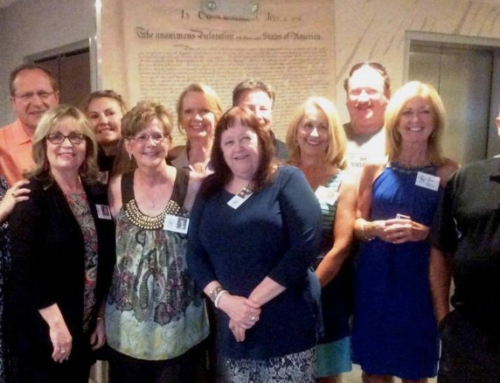
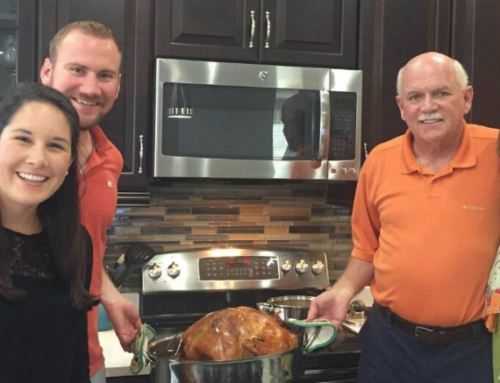

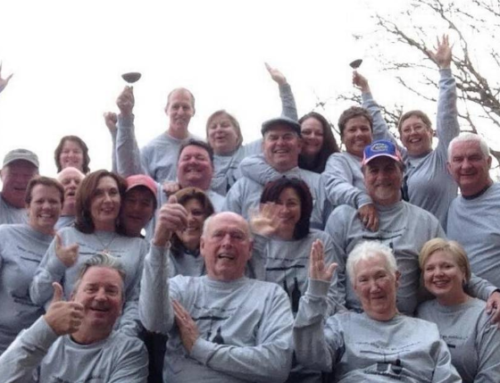


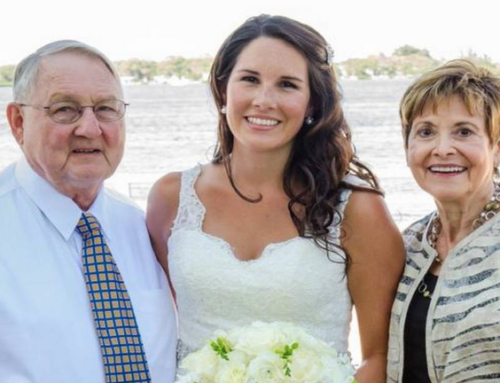
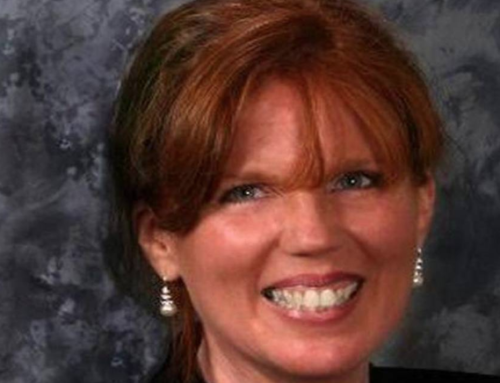

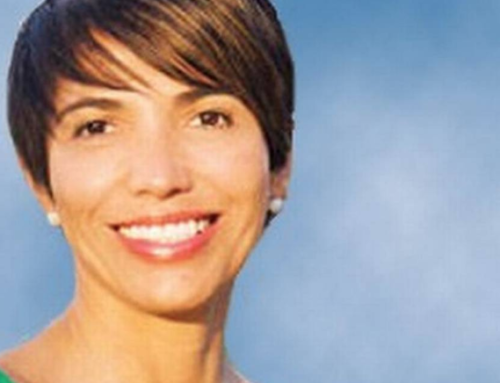
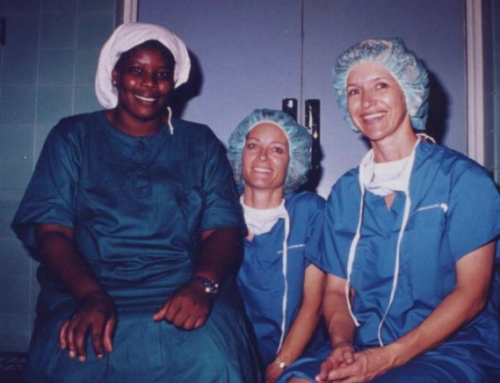
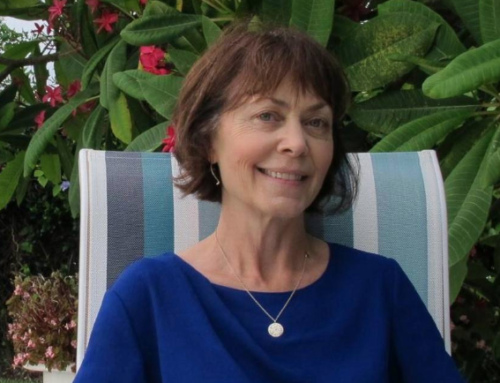
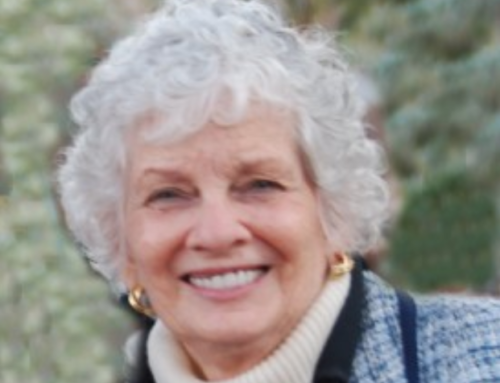
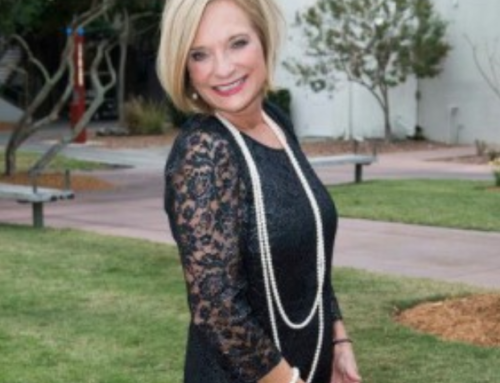
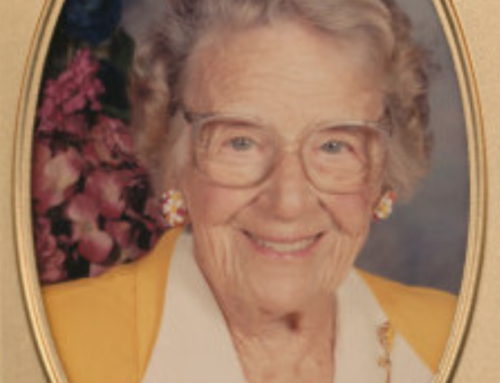
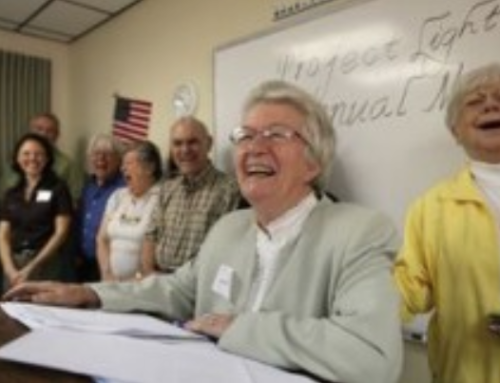
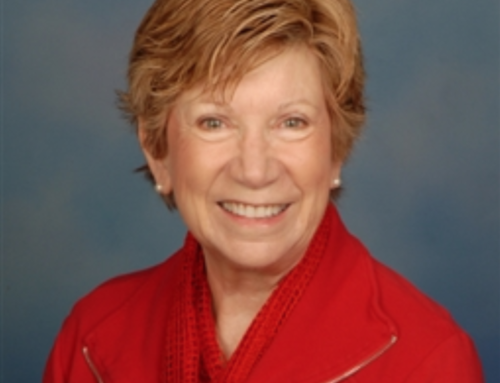
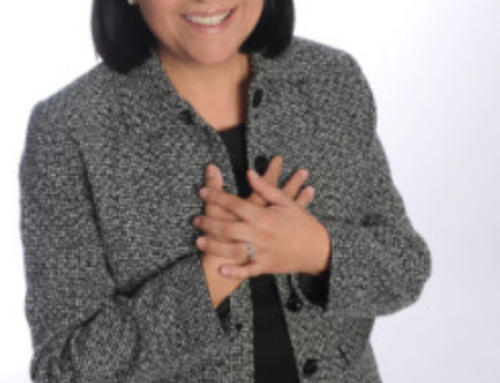
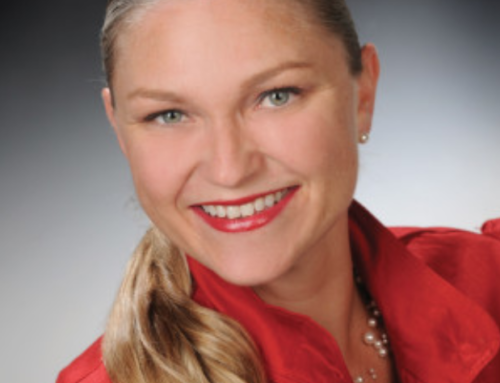


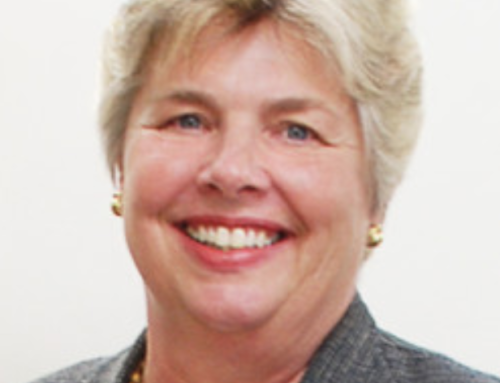
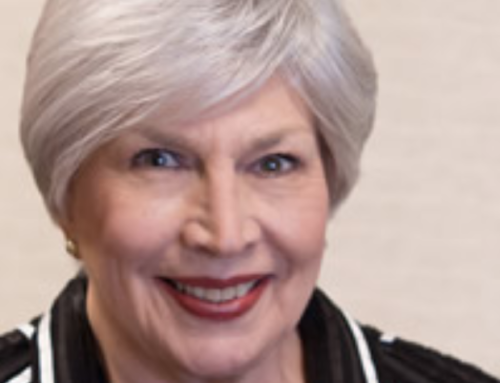
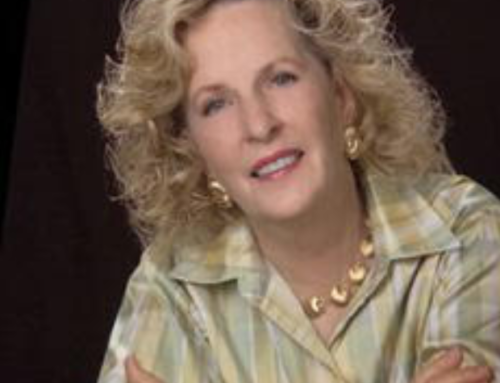


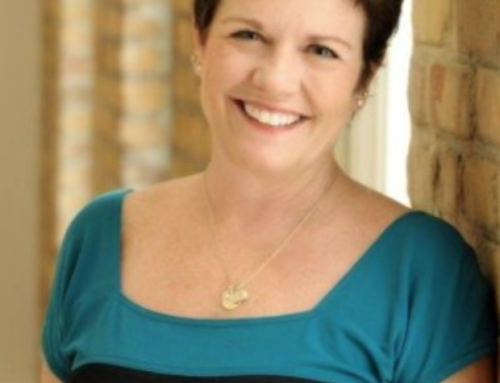



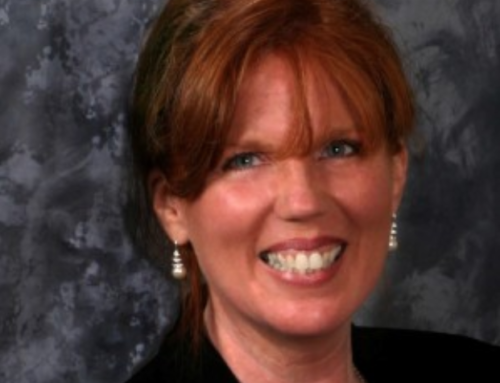
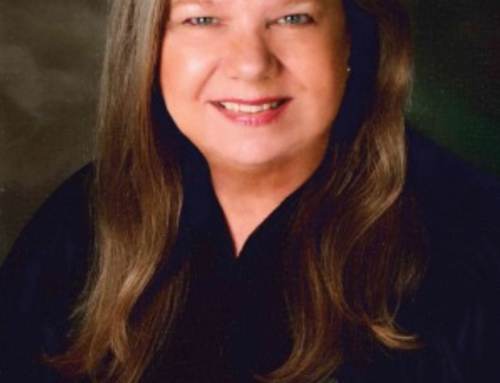


Leave A Comment